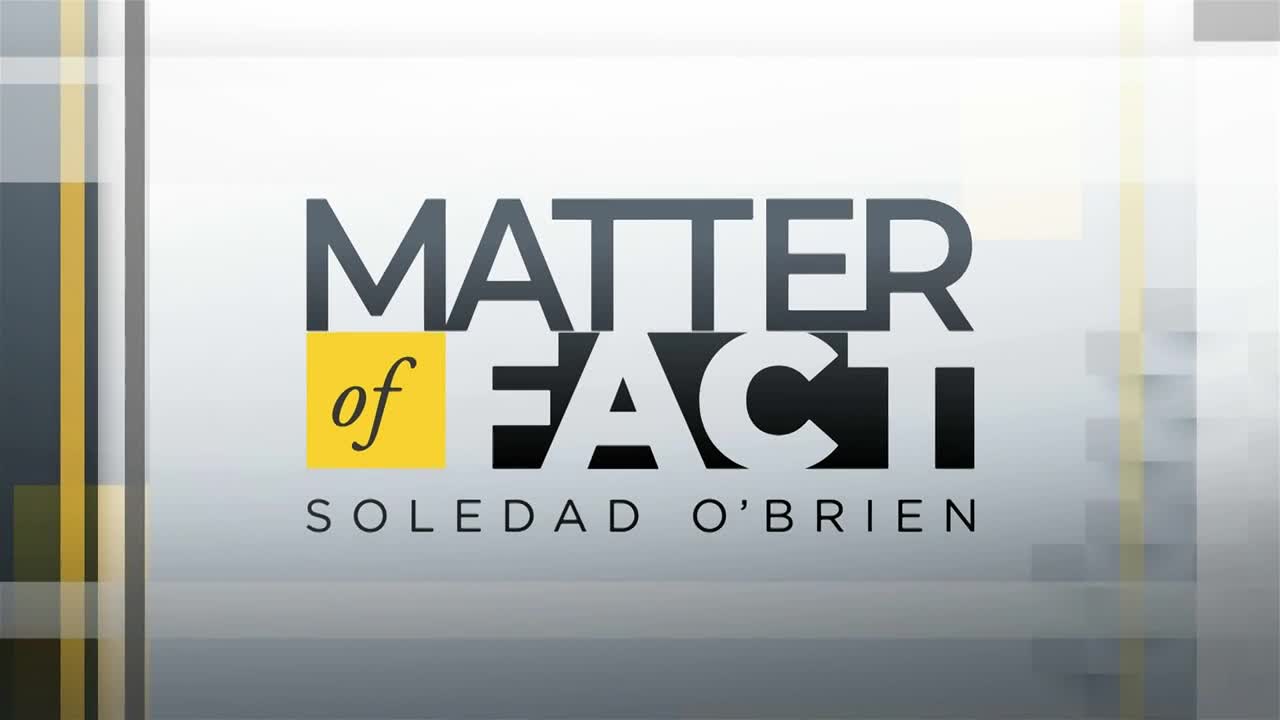
This week on Matter of Fact, Correspondent Jessica Gomez takes us to St. Helena, SC where a Gullah community is fighting to keep their homes passed down for centuries. Then, a look at the lives behind the rising coronavirus death toll. Plus, nearly half of U.S. adults say the pandemic is affecting their mental health. Soledad O’Brien speaks with Dr. Vaile Wright from the American Psychological Association about what could be an emerging mental health crisis. And, Wes Moore, CEO of the Robin Hood Foundation, explains why you cannot understand poverty without understanding race.
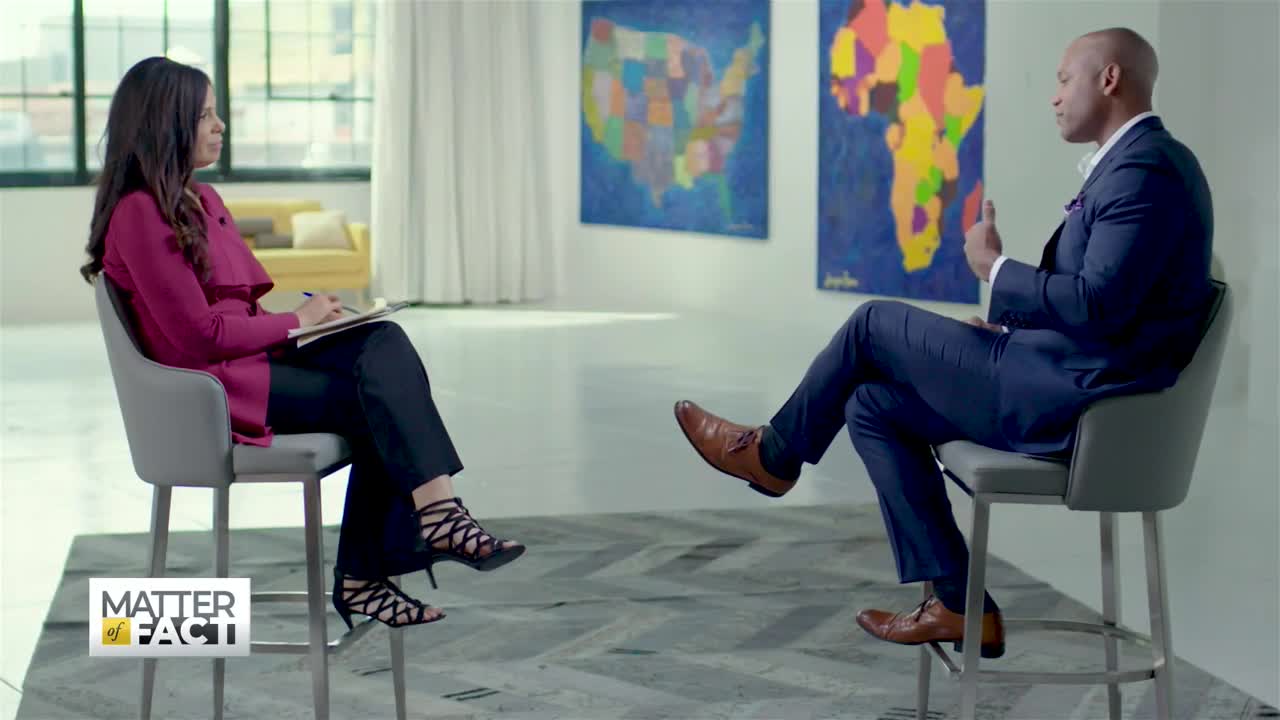
In part of one of our Matter of Fact Listening Tour, Soledad O’Brien takes a look at bias. Bias shapes the way we see the world and can often hurt the most marginalized in our communities, especially when it comes to economic opportunities to move out of poverty. To discuss, Soledad speaks with Wes Moore, CEO of the Robin Hood Foundation, one of the largest anti-poverty organizations in the U.S.
If you’d like to see some of your own blind spots, head to implicit.harvard.edu
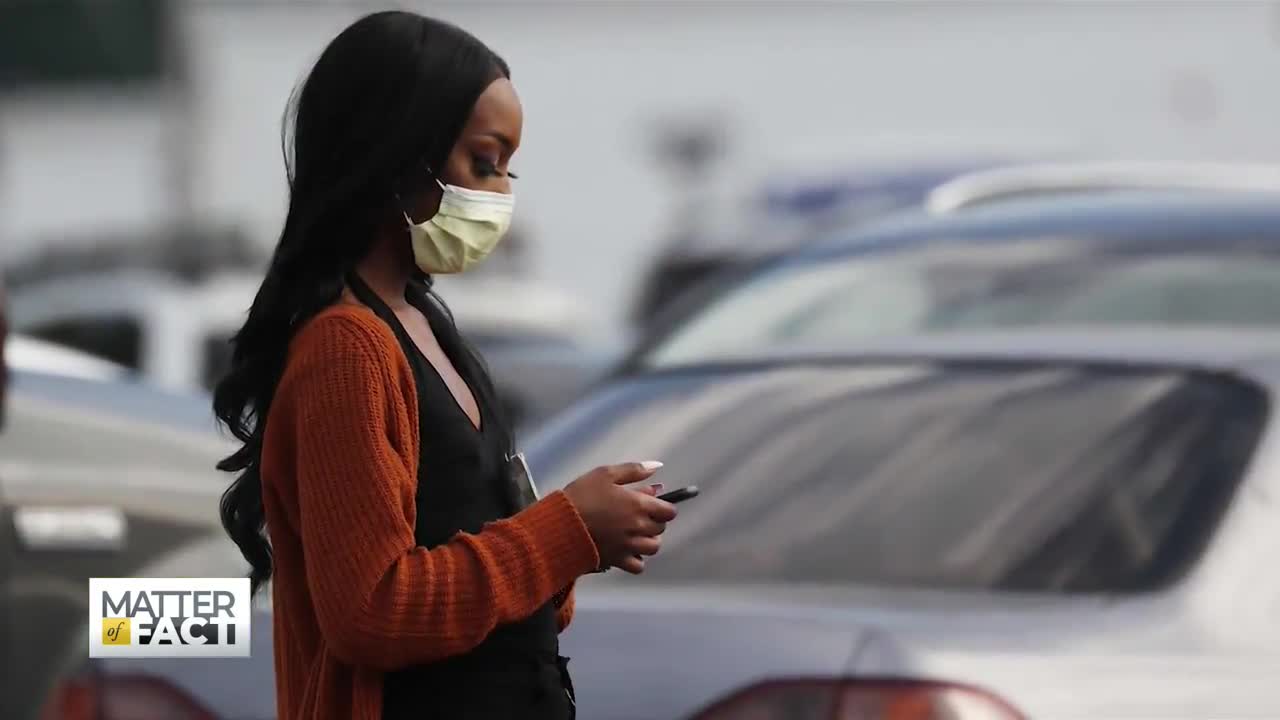
Nearly half of U.S. adults say COVID-19 is affecting their mental health. That includes everything from increased anxiety and irritability to feelings of hopelessness. Meanwhile, those with chronic mental health challenges have been unable to access their normal support network – adding on to the stresses of the pandemic. Dr. Vaile Wright is the Senior Director for Health Innovation with the American Psychological Association. Soledad O’Brien talks with her about the nation’s next emerging health crisis.
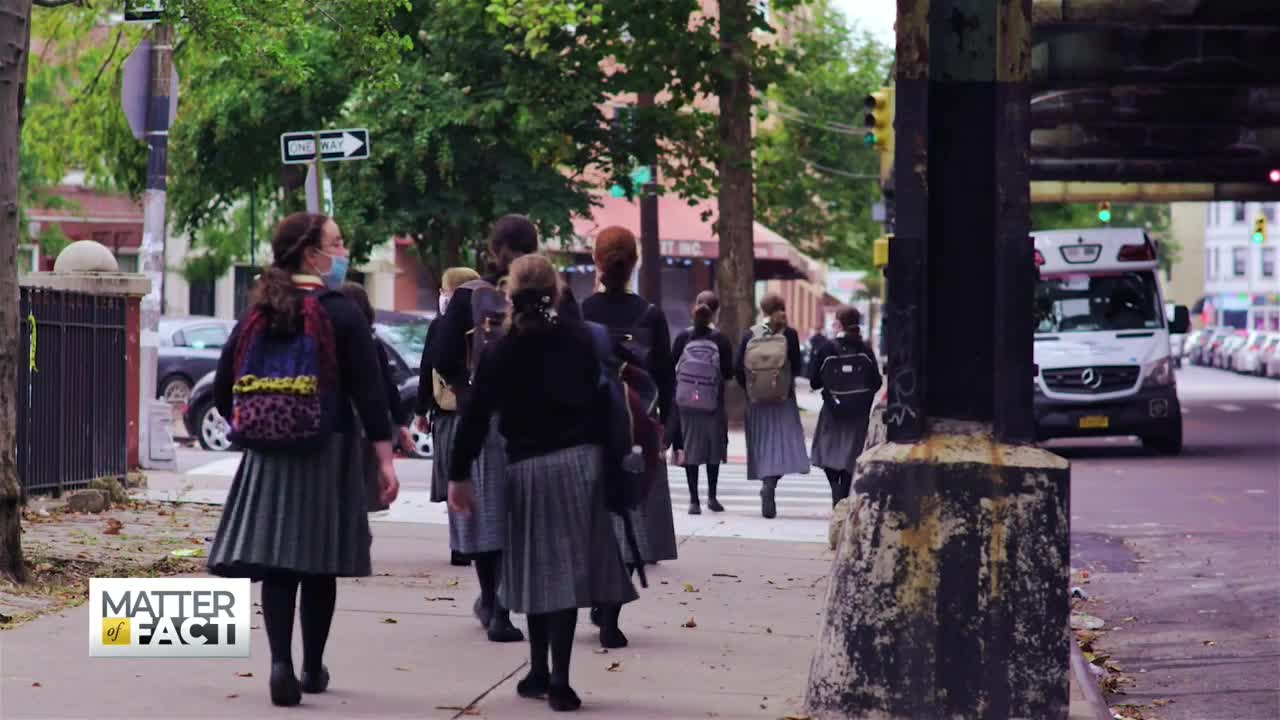
The coronavirus pandemic has now officially killed more than a million people around the world. While it’s easy to get lost in the numbers, even just one life lost can touch so many others.

The Gullah Geechee people are among hundreds of delinquent property owners in one South Carolina County whose land is set to go to auction next week, despite the pandemic. Many of the Gullah Geechee are descendants of freed slaves, who still live along the sea islands from Northern Florida to North Carolina. Much of their land has been passed down for generations, some, since the civil war. Correspondent Jessica Gomez takes us to Beaufort County, where there’s an effort to save their land and way of life.
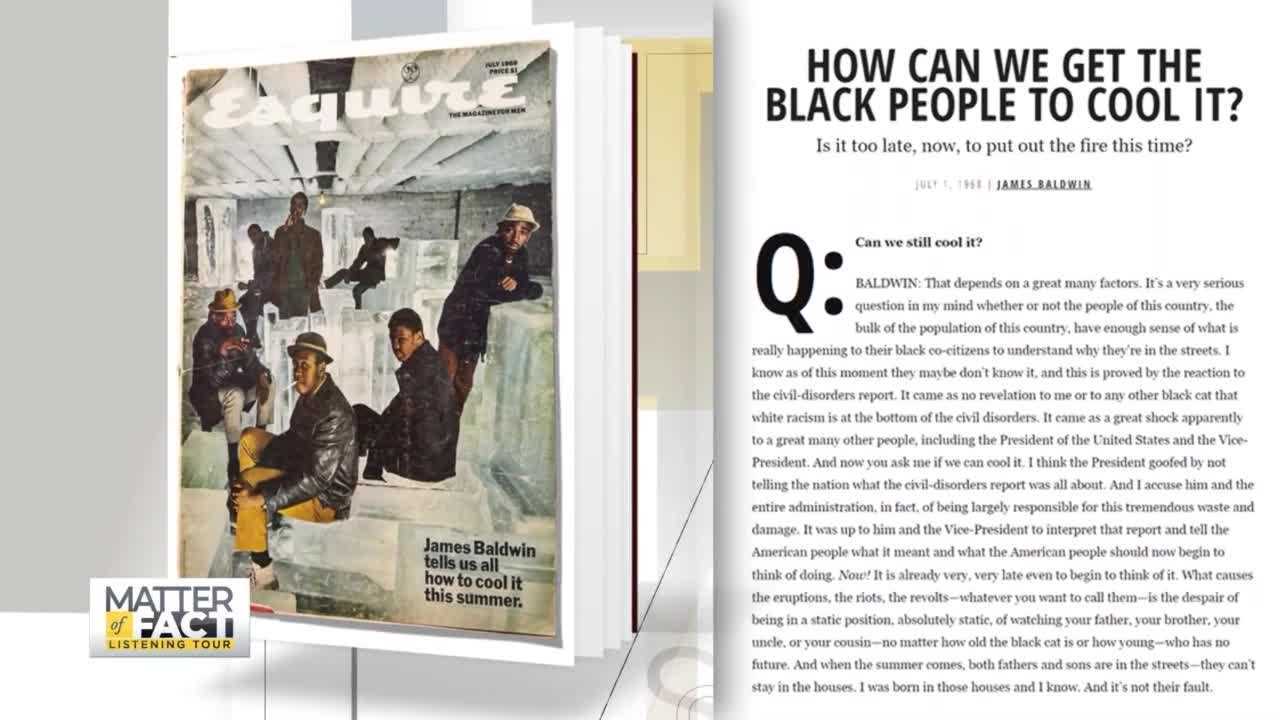
This segment is from The Matter of Fact Listening Tour hosted by Soledad O’Brien.
“The Hard Truth About Bias” features conversations about the relationship of race and privilege; racial stress; the impact of bias in the images and language in our daily news and information; and the creation of stereotypes and how they influence the way we think.
Guests in this segment:

This week on Matter of Fact, is voting a right or a privilege? Soledad O’Brien talks to NAACP attorney Janai Nelson about the legal battles across the country to either grant or deny access to the polls. Plus, how did USPS become a political battleground? Special Contributor Joie Chen shows us the Post Office’s past and its possible future. And, Correspondent Jessica Gomez takes us to Wisconsin where a chef is using an anonymous donation to plant a seed of hope in her community.
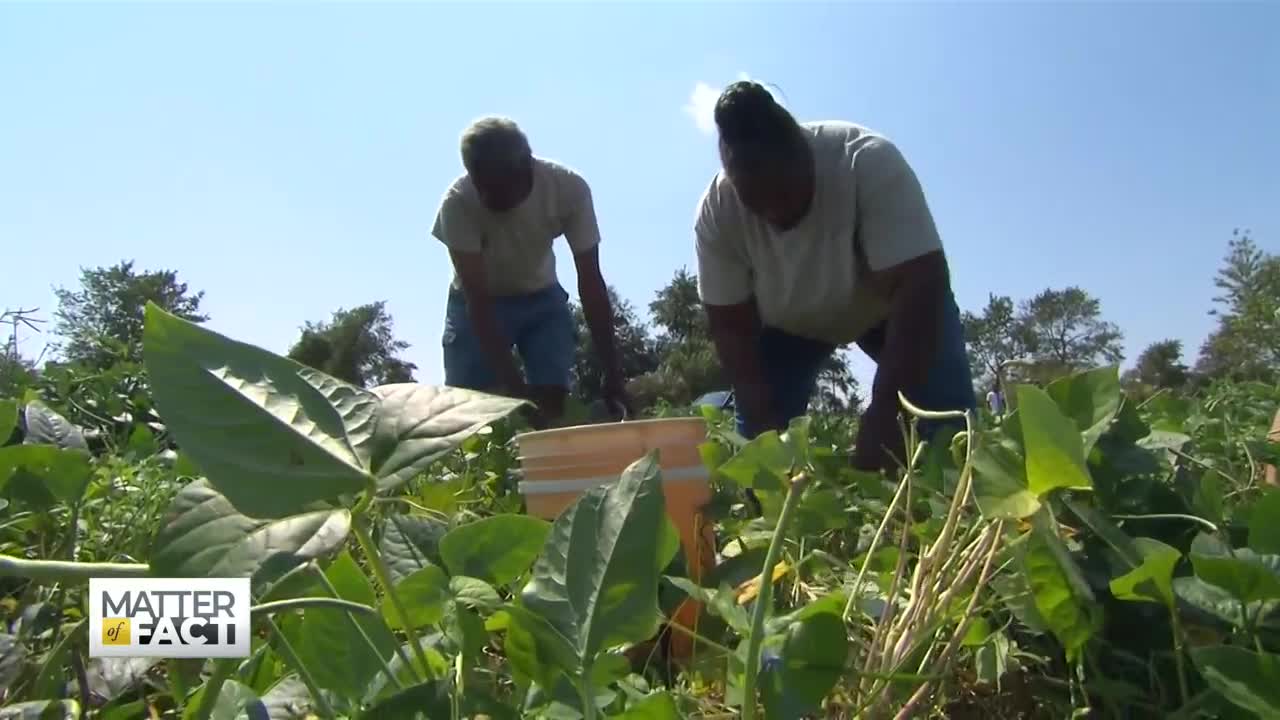
In the heat of the protests over George Floyd’s death in Minneapolis, a Black restaurant owner in neighboring Wisconsin received an anonymous check. Correspondent Jessica Gomez shows us how this random act of kindness is planting a seed of hope in the community.
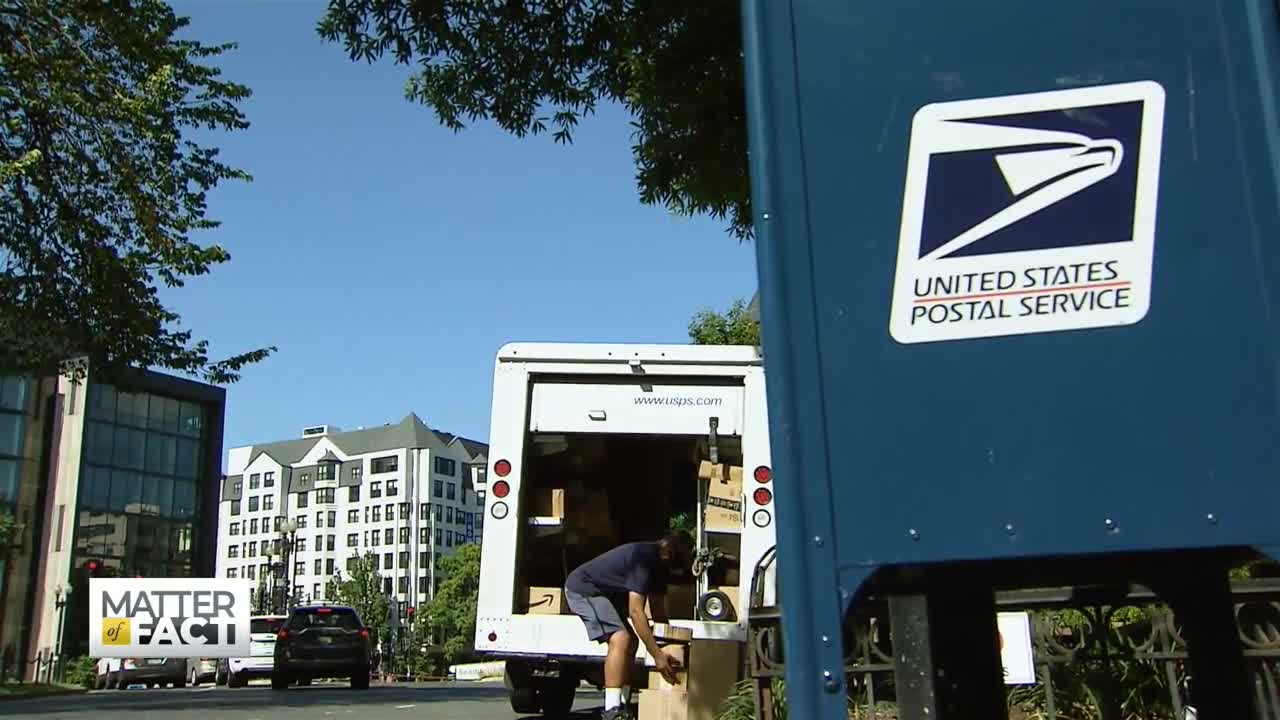
Between congressional investigations, several lawsuits and threats from the President, the U.S. Postal Service has faced a turbulent summer. And in less than two months, more Americans than ever are expected to vote by mail. So how did an agency created as a public service become a political battleground? Special Contributor Joie Chen shows us the Post Office’s past and its possible future.
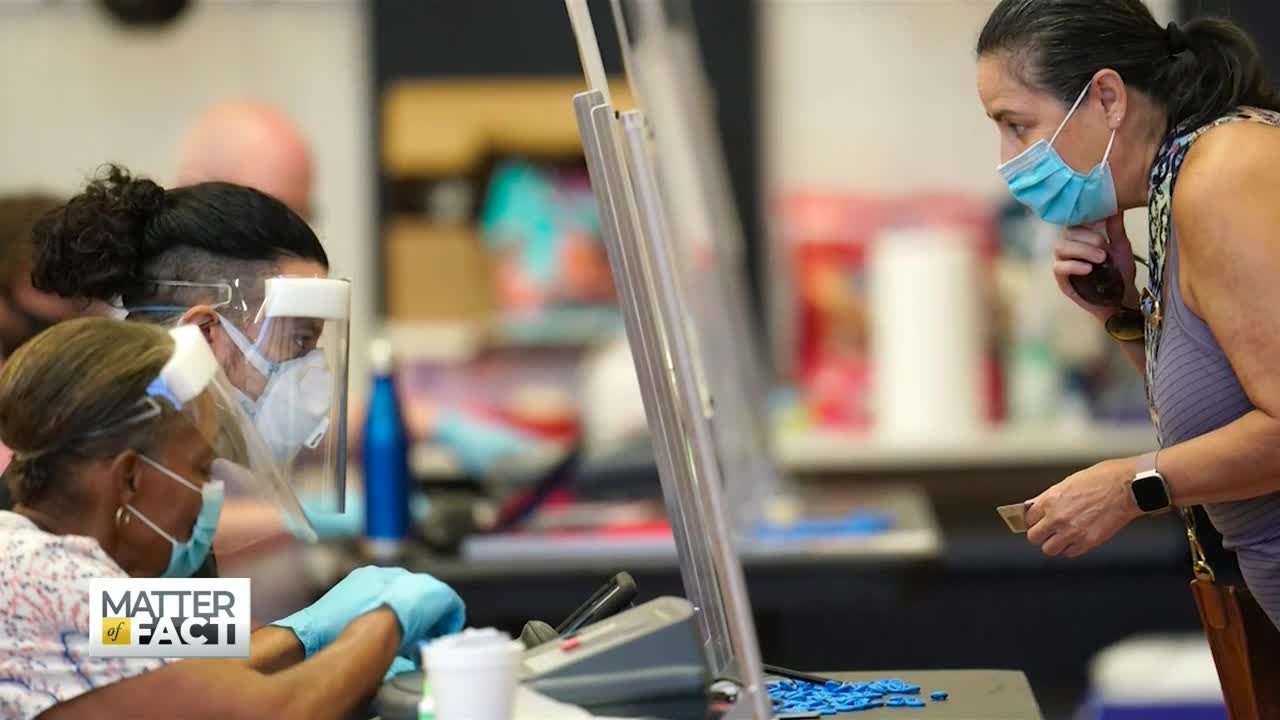
In November, millions of Americans will head to the polls to vote for our nation’s next leader. But millions more will be kept from casting a ballot, blocked by voter suppression. That includes measures such as strict voter ID laws, overly complicated absentee ballot regulations or extreme consolidation of polling locations. Janai Nelson is the Associate Director-Counsel of the NCAAP Legal Defense and Education Fund. Soledad O’Brien talks to her about the legal battles across the country to either grant or deny access to the polls.